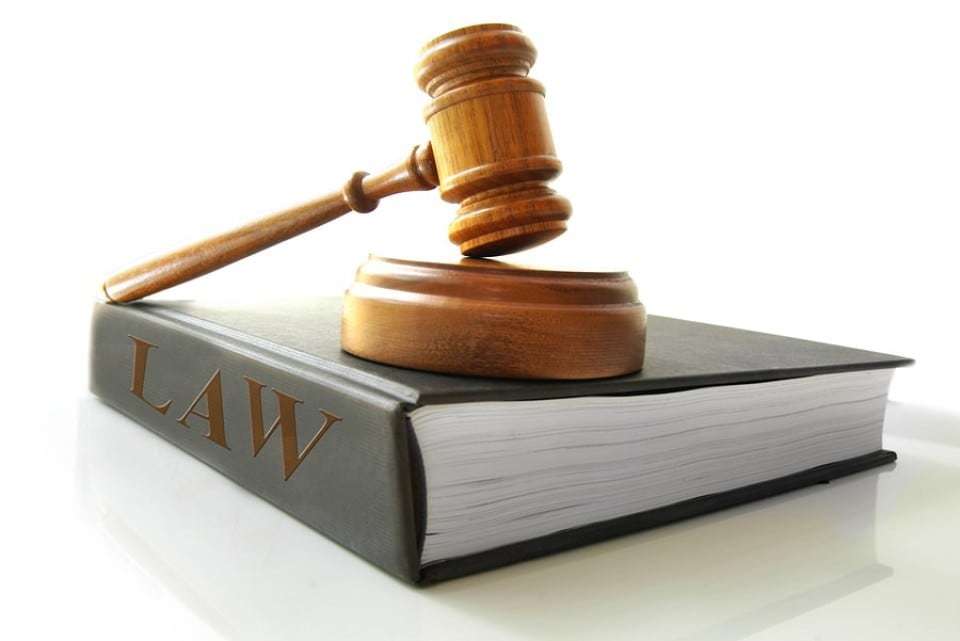The Volokh Conspiracy
Mostly law professors | Sometimes contrarian | Often libertarian | Always independent
Does religious exemption statute allow prisoner unmonitored 'confession' with his brother (a church elder)?

From Merrick v. Penzone (Arizona Court of Appeals, May 23):
Merrick alleges that, as a member of the Fundamental American Christian Temple, he must participate in confession and seek spiritual advice and guidance only from church elders or other members. While incarcerated at a jail facility operated by the Maricopa County Sheriff's Office ("MCSO"), Merrick requested unmonitored, unrecorded telephone calls with his brother in Oklahoma, whom he asserted was a church elder.
Jail officials responded that Merrick could have unmonitored personal visits from clergy, write to members of his church, or participate in confession with jail clergy of other denominations. Merrick rejected these options, stating, "[t]here is no faith group in Arizona at this time that is the same faith as mine."
Merrick sued under the Arizona equivalent of the federal Religious Freedom Restoration Act, and the court of appeals let his case go forward. First, the court concluded that the policy would substantially burden Merrick's religious practice, if he could persuade the fact-finder that he sincerely described his religious beliefs:
[The trial] court found disputed issues of fact as to the sincerity of Merrick's religious beliefs and whether his requests were motivated by his religious beliefs. If such factual questions are resolved in Merrick's favor, then, at the very least, there are questions of fact about whether Defendants substantially burdened his exercise of religion. The relevant inquiry under FERA is whether the government substantially burdened the exercise of religion, not whether Merrick remained free to engage in alternative religious activities. The record includes tenets of Merrick's asserted faith, including the belief that "communications between members are sacred and meant to be private between them. Communications must not be revealed to non-members, unless consented to by the members involved."
And the court concluded that, under the state law, the exemption had to be granted unless the government could show that it had no other way of protecting prison security short of refusing the confidential telephone confessions:
To establish that monitoring or recording telephonic religious counseling and confession sessions is the least restrictive means of achieving the government's compelling interest in jail security, Defendants must demonstrate that "proposed alternatives for achieving the State's compelling interest are ineffective or impractical." … Defendants did not address Merrick's facially-colorable assertion that they could "satisfy any security concerns by having inmates follow the policies in place for calling attorneys or 'legal calls,'" beyond stating that such a policy is not "plausible."
Treating inmates' religious telephone calls in the same manner as legal calls may not be a plausible alternative. [Footnote: The question before us is not whether Merrick personally poses a security risk. We note, however, that MCSO's policies would appear to permit Defendants to restrict or withhold religious activities through an "override report" if an inmate or religious representative adversely affects "jail order or security."] The problem is that nothing in the record establishes this…. Based on additional motion practice and/or evidence on remand, Defendants may be able to satisfy the "exceptionally demanding" least-restrictive-means standard. But they have not yet done so….
We vacate the entry of summary judgment in favor of Defendants and remand for further proceedings consistent with this decision.


Show Comments (0)